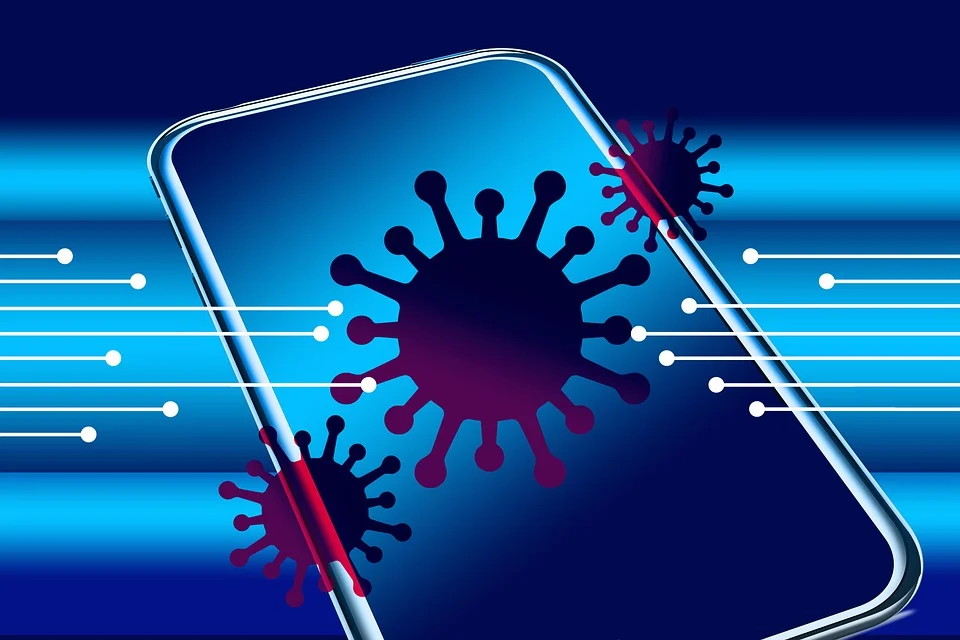The majority of UK mobile users are unlikely to download the UKs contact track and tracing app, despite the government urging them to do so to help halt the spread of the Coronavirus, according to a survey.
The app, delayed by 165 days, instructs users to self-isolate for 14 days if it detects they were nearby someone who has the virus. It also has a check-in scanner to alert owners if a venue they have visited is found to be an outbreak hotspot.
According to a global survey of 16,000 mobile users conducted by adtech company Ogury, only 41% of UK citizens are willing to share data with the Government to combat COVID-19. Ogury, who with 400 million opted-in users, created the first choice-driven advertising engine, believes contact tracing apps will have an important role to play in alleviating the COVID-19 crisis, but citizens should always be given choice and control over their data.
In addition, 60% also don’t believe the Government can protect the data they share to help combat COVID-19. Without a full understanding of the NHS track and trace app’s data usage, citizens will not download the app, which may negatively affect its uptake.
Trust gap
The data from more than 16,000 citizens across the UK, US, France, Germany, Italy and Spain uncovered a consistent trust gap in contact tracing apps proposed to mitigate the effects of the COVID-19 pandemic. Comparing these results, there were some notable differences between citizens in different countries. In the US, where trust has been undermined by recent events, only a third, 33%, of citizens trust the government to protect its data. In France, where the contact tracing app has just launched, citizens are the most unwilling to share any data to combat COVID-19, with 67% unwilling. These results show governments need to educate citizens on the contact tracing app’s data collection and usage so they can provide their informed consent.
Chief Marketing & Strategy Officer at Ogury, Elie Kanaan, warned about the potential impact on uptake of contact tracing apps these findings indicate: “Contact tracing apps do have an important role to play in alleviating the COVID-19 crisis, but citizens should always be given choice and control over their data. Technology will crucially depend on the consent of users, which can only be gained with trust.”
He added, “Building high rates of consent requires clear information about exactly what data the citizens will share and how this data will be protected and used. The decision to then opt in or not must be completely up to the citizen and carry no consequences. Once given, any consent must be wholly traceable; available to be proven to a citizen or regulator at any time. Finally, citizens should retain the right to revoke this consent at any point immediately and easily, retaining control of their data and privacy, throughout.”
He concluded: “Data collection and usage on this scale needs explicit consent to ensure adoption. Failing to address privacy and data protection concerns and not considering long term data usage will seriously hamper success.”
Methodology
Ogury conducted a survey of over 16,000 global citizens, using Ogury’s own proprietary technology that is integrated into over 10,000 apps across the world. The survey was shown to a randomized sample of Ogury’s 400M+ opted-in users, across six countries; USA, UK, France, Germany, Italy, and Spain. All questions were translated into appropriate local languages. The survey group was an equal balance of male and female, from age groups that ranged from 18-24 to 65+. The survey was carried out in the five-day period from 20 May to 25 May 2020. The total number of respondents was 16,178, with 2,643 surveyed from the UK.
Ogury

